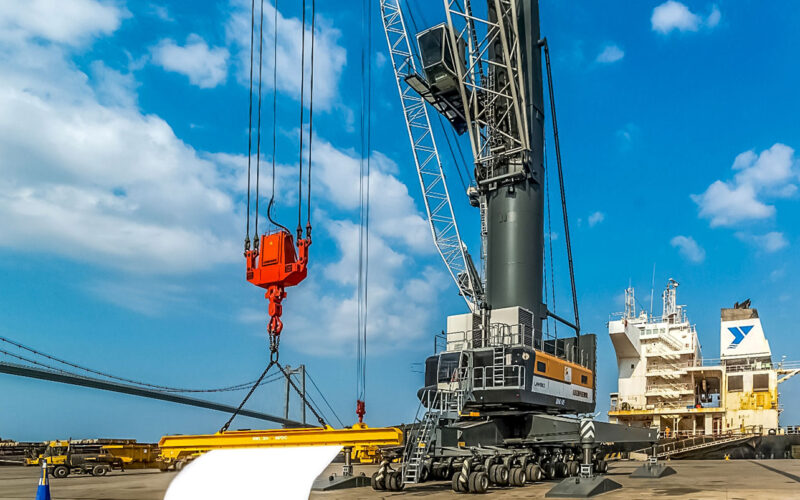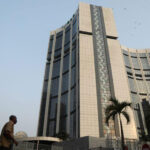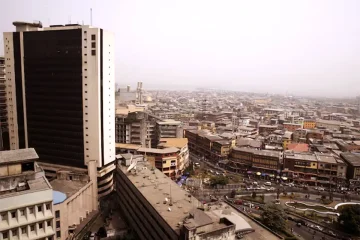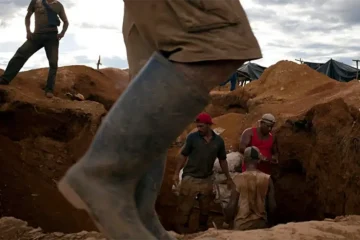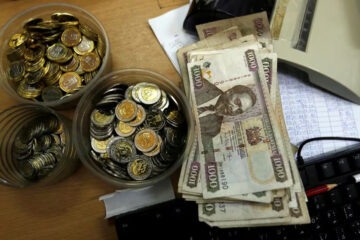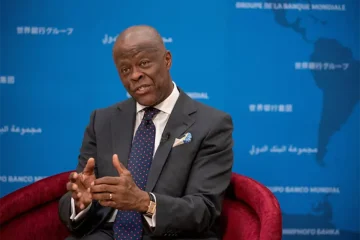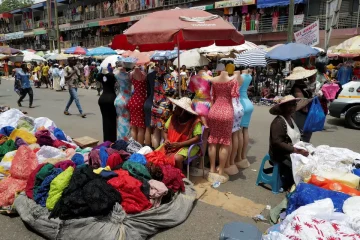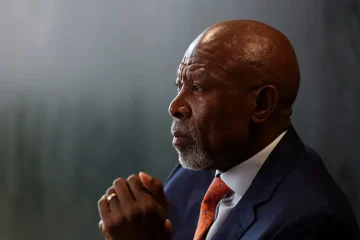UNITED Arab Emirates-based companies and funds are doubling down on a foray into Africa’s freight and logistics scene.
Earlier this week, Emirati maritime giant, DP World, inked a US$250 million port contract with Tanzania to operate part of Dar es Salaam’s port for 30 years.
DP World will exclusively manage four city dock moorings and share control of another four with the Tanzania Port Authority.
Plasduce Mbossa, the authority’s director general stated contracts will be reviewed every five years. Tanzania’s deal with UAE follows President Samia Suluhu Hassan’s previous agreement, allowing DP World to consultatively oversee all Tanzanian ports.
Although controversial among locals over fears the deal dents Tanzania’s sovereignty, it is part of a long series of UAE’s strategic investment blitz on the continent.
Currently, DP World is expanding its African ports portfolio in countries such as Angola, Djibouti, and Egypt where in February last year, the UAE announced a US$10 billion investment, the bulk of it to be allocated to the ports.
The ports operator has also invested in Somalia’s Bossaso and Berbera ports, secured a US$1.13bn contract in Senegal, anticipates US$400m from an Angolan agreement, and is part of the Congo’s $1.2 billion Banana port project. The company recently also lost a bid to operate South Africa’s Durban port container terminal. That contract was won by the Philippine giant, International Container Terminal Services (ICTS).
Currently, the UAE ranks as Africa’s fourth-largest investor, trailing China, Europe, and the US, funnelling some $60 billion into the continent’s infrastructure and energy domains.
In 2018 alone, the Abu Dhabi Fund for Development financed more than 66 projects in 28 African countries, valued at US$16.6 billion.
Energy Tracker Asia (ETA) notes that multiple government programs and private sector investments are behind the Emirati’s diversification from oil.
“Recently, the UAE has aimed to reduce their dependency on oil to prepare for a post-oil era. It began in 2016 when the country announced cuts to oil-related activity from 30% of GDP to 20% by 2021,” says its analysis in part.
“This put the UAE on a path to transitioning away from fossil fuels and towards economic diversification and clean energy. This is also good for climate change.”
Africa, with its unique geographical position, expanding economies, and expanding consumer base, presents a golden opportunity. The continent’s freight industry stands as a gateway to seamless trade between the East and the West. Trade with Asia, and particularly China, is also likely to grow substantially, fuelled by China’s massive Belt and Road initiative.
By establishing a stronghold in this sector, the UAE aims to be the bridge that facilitates this global exchange and benefits from the transactional flows. Logistics accounts for over 10% of its GDP, an area where it has huge expertise.
Africa, with its vast resources, growing consumer base, and strategic location, is quickly emerging as the next global logistics and trade nexus.
By embedding itself in this space, the UAE is positioning itself to connect the East with the West, at the same time offering streamlined trade routes to and from Africa, that could redefine global commerce.

